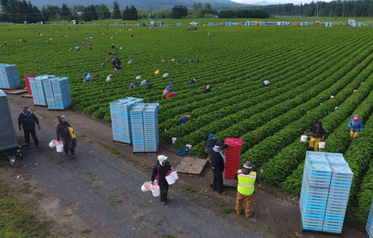Activists say farmworkers forced to live in unhealthy and degraded conditions.
|
|||||||
| media-statement-from-sarbanand-farms-llc-02-01-18.pdf | |
| File Size: | 217 kb |
| File Type: | |
Details
Archives
December 2018
July 2018
February 2018

 RSS Feed
RSS Feed